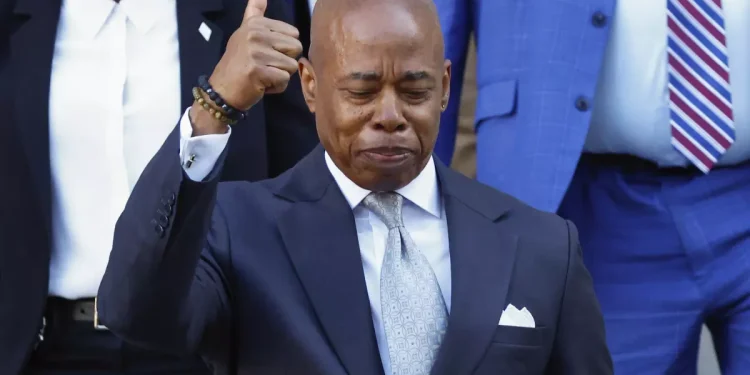Corruption fighters around the world are surely appalled at the Trump Administration’ s latest strike against the rule of law. And certainly heartened by the refusal of both politically-appointed and career prosecutors to be complicit.
On February 10 Acting Deputy Attorney General Emile Bove ordered federal prosecutor Danielle Sassoon to dismiss bribery charges pending against New York City Mayor Eric Adams. Sassoon, a Trump appointee, resigned in protest. Bove then went down a list of career prosecutors hunting for someone who would obey his order. At last count seven had also resigned rather than carry out the order. Details on the still developing story from open sources are here, here, and here.
Unfortunately, one of the best stories, by New York Times reporter Adam Liptak, is behind a paywall. Drawing on a classic speech by Robert Jackson, a giant of American law, Liptak’s story explains the tension between a prosecutor’s duty to obey a superior’s order and his or her obligation to follow the law and how that playing out in the Bove order. The speech is here and Liptak’s story here. For those who can’t wrangle a copy from an NYT subscriber, the gist of the story follows:
A prosecutor’s duty to the law and to follow orders, Liptak writes:
“reflects a schism in conservative legal thought over how prosecutors, now working for a Trump-led Justice Department, should balance their duty to obey orders from superiors with their obligation to follow their best understanding of the law. One view emphasizes caution, deliberation, and independent and decentralized judgment, while the other values top-down vigor in the service of policy goals that can seem transactional if not unprincipled.
In his speech, Jackson argued: “It is an unusual case in which [the line prosecutor’s] judgment should be overruled.” He also famously observed there that:
“The prosecutor at his best is one of the most beneficent forces in our society; when he acts from malice or other base motives, he is one of the worst.”
Sassoon leaned on both passages in her resignation letter. While duty-bound to follow the orders of her superiors, she said she also had a responsibility to the law. That responsibility bars prosecutors from following an order to dismiss a case when the order is not the product of a good-faith difference of opinion about the merits of a case but, as with the Bove order, politically motivated. In this case, an agreement that in return for dismissal, Mayor Adams will support the Trump Administration’s deportation policies.
Late in the afternoon, after this post appeared, Bove found someone willing to sign a motion asking the court to dismiss the case. The signer, a career prosecutor, reportedly agreed to do so to protect his colleagues in the Department of Justice’s Public Corruption Unit from being fired en masse. The dismissal motion is here.
This is not the end of the story. Under federal law, dismissal is “by leave of the court,” and it will therefore be up to the judge assigned the case to determine whether dismissal is warranted. Hence, resolution of the Trump/Bove effort to undermine the rule of law and the fight against corruption remains to be written. First in a court of law and ultimately in the court of public opinion.













